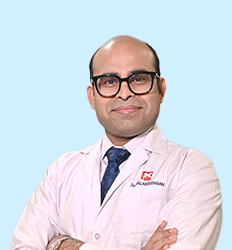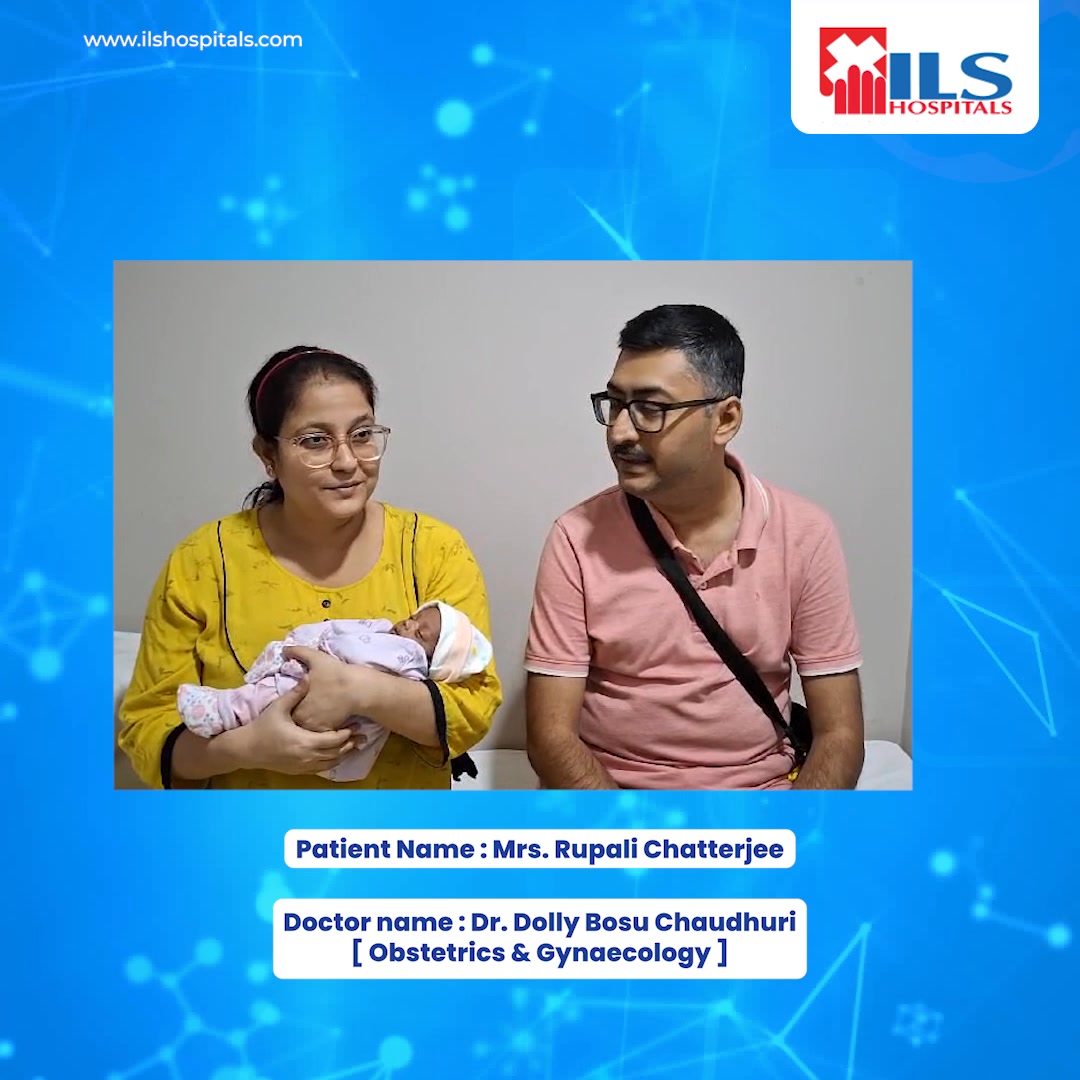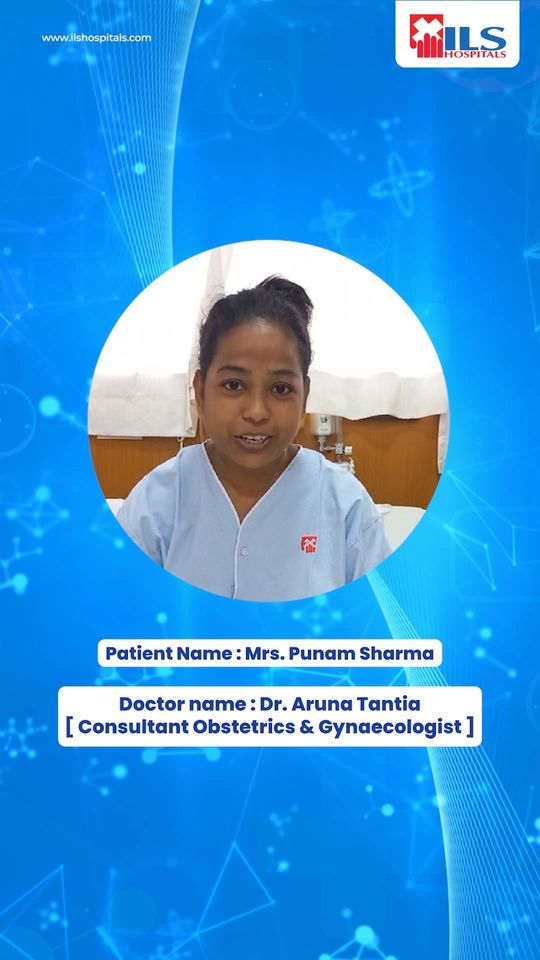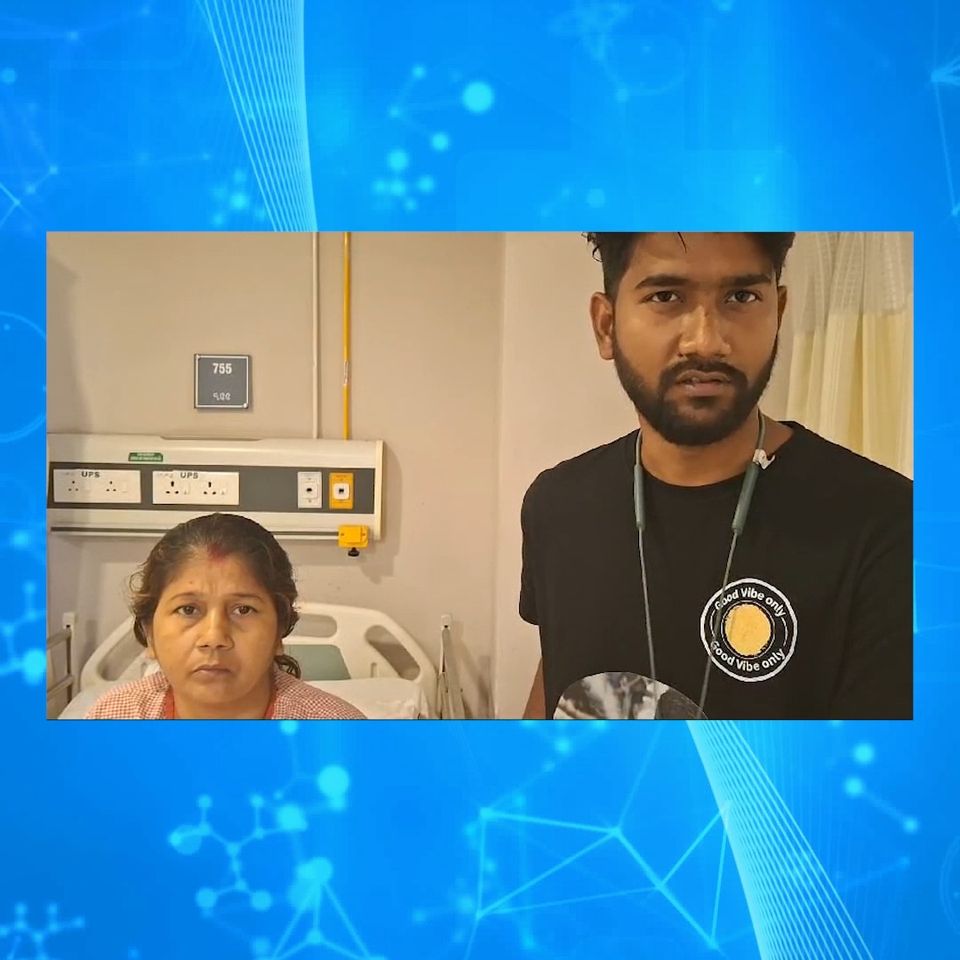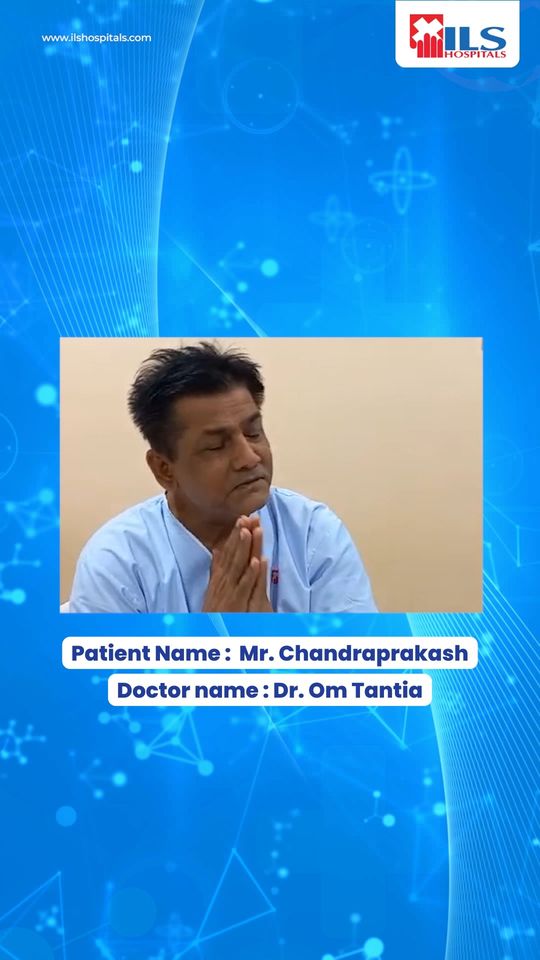Polysomnography at ILS Hospitals: Comprehensive Sleep Disorder Diagnosis
At ILS Hospitals, we understand the significance of quality sleep in maintaining overall health and well-being. Polysomnography is a sophisticated diagnostic tool we offer to assess and manage sleep disorders effectively.
Understanding Polysomnography:
Polysomnography, often referred to as a sleep study, is a comprehensive test performed in the field of pulmonology to monitor and evaluate various physiological parameters during sleep. It is a valuable tool for diagnosing sleep disorders and formulating appropriate treatment plans.
Key Components of Polysomnography:
- Electroencephalogram (EEG):
- Measures brain wave activity to identify different sleep stages and detect abnormalities.
- Electrooculogram (EOG):
- Records eye movement to determine the various sleep cycles, including rapid eye movement (REM) sleep.
- Electromyogram (EMG):
- Monitors muscle activity to assess changes in muscle tone during sleep.
- Electrocardiogram (ECG or EKG):
- Measures heart rate and rhythm during sleep.
- Respiratory Effort Measurements:
- Gauges chest and abdominal movements to evaluate breathing patterns.
- Blood Oxygen Levels:
- Measures the amount of oxygen in the blood, crucial for detecting conditions like sleep apnoea.
- Nasal and Oral Airflow Monitoring:
- Assesses airflow through the nose and mouth to identify any breathing abnormalities.
- Leg Movement Monitoring:
- Detects leg movements during sleep, which can be indicative of conditions like restless legs syndrome.
Indications for Polysomnography:
- Polysomnography is recommended when a patient experiences symptoms suggestive of sleep disorders, such as:
- Chronic Snoring: Often a sign of sleep apnoea.
- Excessive Daytime Sleepiness: A key symptom in various sleep disorders.
- Insomnia: Persistent difficulty falling or staying asleep.
- Periodic Limb Movement Disorder (PLMD): Involuntary leg movements during sleep.
- Sleep-Related Movement Disorders: Unusual behaviours during sleep, such as sleepwalking or night terrors.
Benefits of Polysomnography:
- Accurate Diagnosis:
- Polysomnography provides a detailed and accurate assessment of sleep patterns, aiding in the diagnosis of sleep disorders.
- Customized Treatment Plans:
- The data collected helps pulmonologists formulate personalized treatment plans tailored to each patient’s specific sleep-related issues.
- Monitoring Treatment Efficacy:
- For individuals undergoing treatment for sleep disorders, repeat polysomnography can assess the effectiveness of interventions.
- Improving Sleep Quality:
- By identifying and addressing sleep disorders, polysomnography contributes to enhancing overall sleep quality and, subsequently, overall health.
Post-Polysomnography Consultation:
Following the sleep study, our expert pulmonologists at ILS Hospitals interpret the results and provide comprehensive feedback to the patient. Depending on the findings, appropriate interventions, lifestyle modifications, or therapies are recommended.
Choosing ILS Hospitals for Sleep Disorder Management:
At ILS Hospitals, we prioritize the well-being of our patients. Our expert pulmonologists, alongside cutting-edge diagnostic facilities, ensure that individuals with sleep disorders receive accurate diagnoses and effective treatment plans. If you or a loved one is experiencing sleep-related concerns, trust ILS Hospitals for compassionate and comprehensive care. Better sleep leads to better health, and we are here to help you achieve both.


























